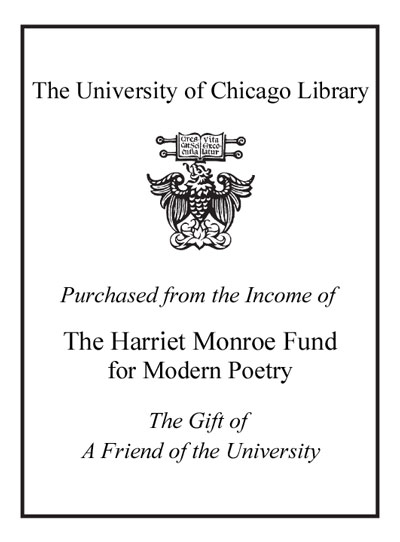Review by Choice Review
This valuable collection joins a spate of books on the century-old interface between jazz music and African American literature. Some of the essays actually look further back than jazz, for example, to slave chants. (The endnotes cite material ranging from Negro spirituals to Charles Baudelaire to Amiri Baraka.) Part 1, "Authenticity in Black Music and Poetry," comprises four essays: two essays examine the work of Laurence Dunbar and his considerable influence in the eight decades since his death; another two look into the work of Langston Hughes. Both men are referenced later in the book. The two essays in part 2 treat, respectively, contemporary poet Michael Harper and "funk aesthetics." The third section (three essays), which includes a discussion of "critical lyricism," concentrates on Baraka, the Black Arts Movement, and the poetry of Nathaniel Mackey and Harryette Mullen. The final section (two essays) looks at the poetry of Jayne Cortez and the music and cultural contexts of Pharoah Sanders and Leon Thomas. Though one might lament the exclusion of certain notable black artists-Yusef Komunyakaa, James Emanuel, Ted Jones, Wanda Coleman-taken together these essays provide rich insight into the fascinating subject of jazz, improvisatory music, and poetry, and how their forms and structures enhance each art form. Summing Up: Recommended. Upper-division undergraduates through faculty. --Barry Wallenstein, CUNY City College
Copyright American Library Association, used with permission.
Review by Choice Review

